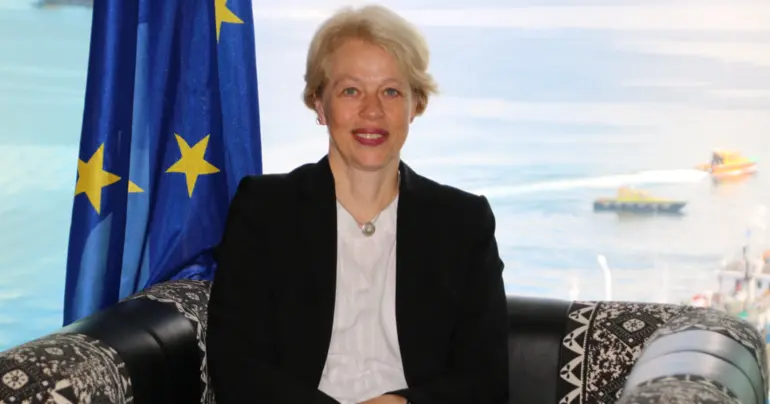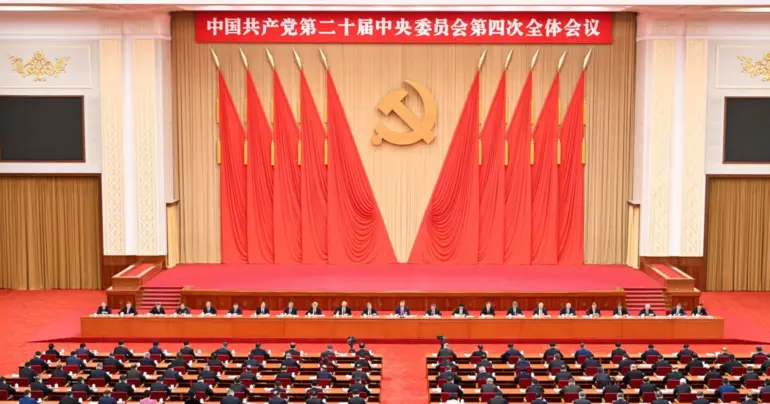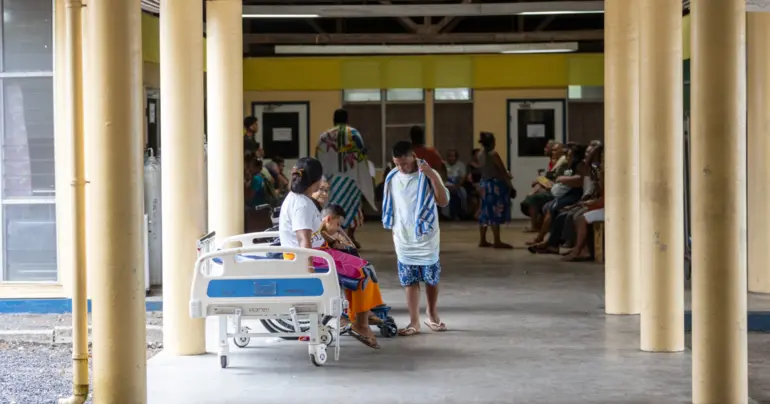Is the world ready for its next big health crisis?
Antimicrobial resistance will be the globe’s next crisis, and Australia better be prepared for it.
AMR, as it is known in medical circles, occurs when germs that cause infections resist the effects of the medicines that treat them. Antibiotics can then become less effective. AMR can have dire consequences, making infections more difficult to treat and rendering medical procedures and treatments riskier.
This carries implications for global health. Despite the improvements in hygiene, medicine, health outcomes and vaccination rates, AMR has led to approximately one million deaths each year since 1990. At the United Nations General Assembly this month, the World Health Organisation is leading a call for action from governments to make AMR a bigger priority.
The most comprehensive study on AMR has forecasted that 39 million people globally will die due to AMR by 2050. Conducted by the University of Washington’s Institute of Health Metrics (IHME), the study found that there had been a decline in AMR deaths among young children between 1990 and 2022, but that the opposite had been occurring in older age groups.
Although AMR can affect people regardless of their geography or socio-economic status, the study found that deaths are most likely to occur in low- and middle-income countries in South Asia such as India, Pakistan and Bangladesh, as well as other parts of southern and eastern Asia and sub-Saharan Africa. While Australia has taken the AMR threat seriously – releasing two strategies on the issue – more must be done to identify AMR as a transnational and international security threat.
To traditional security scholars, the threat of war and conflicts is what garners external and state-centric funding and attention. But the Covid-19 pandemic shed light on the importance of human and health security, and its cascading and multisectoral effects across the world.
In its national strategy on antimicrobial resistance, Australia boasts of a global role, working on several partnerships, committees and initiatives with countries in the Asia-Pacific and beyond. In late 2023, the Chief Medical Officer and the Australian Chief Veterinary Officer released a joint statement during World Antimicrobial Resistance Awareness Week, encouraging all Australians “to be responsible with the use of antimicrobial medicines such as antibiotics” to help prevent AMR.
Global health campaigners have warned that domestically focused actions may drive up prices of antibiotics worldwide. This would make it difficult for developing and low- and middle-income countries to equitably access them, and for people to get the help they need, when they need it. Cost can be an inhibitor and the pipeline of antibiotics can be restrictive, so it’s critical that responses consider global needs, and don’t further impede access as a method for boosting research and development or under the guise of encouraging antimicrobial stewardship.
During the Covid-19 pandemic, the Global South and Global North were further divided, and the message of its urgency and consequences carried differently.
The World Bank has estimated that by 2050, AMR could result in US$ 1 trillion in additional healthcare costs. In response, the WHO has established the One Health approach that aims to offer a coordinated, uniform and integrated approach to AMR-related initiatives, research and policies across human health, animal and environmental sectors, and food production. This is a promising and holistic response for what is hoped can mitigate the worst effects of AMR.
However, comparing the impacts of Covid-19 on low- to middle-income countries versus the developed world, it is likely that AMR will affect the Global South disproportionately due to lack of public awareness, vulnerable public health management, and poor governance. During the Covid-19 pandemic, the Global South and Global North were further divided, and the message of its urgency and consequences carried differently. It will be unsurprising if this is replicated with AMR.
Although some organisations do not consider AMR an immediate or direct threat to national security, if deaths skyrocket (and it’s projected they will), then the Australian government will need to classify AMR a national and international security threat due to its transnational and multisectoral catastrophic nature. Now is the time to give this global health issue the recognition it needs.
This article was first published on Lowy Institute’s blog site The Interpreter. Rebecca Wakerman Powell is a consultant with more than ten years’ experience supporting public policy and national security outcomes within and for the federal government.











